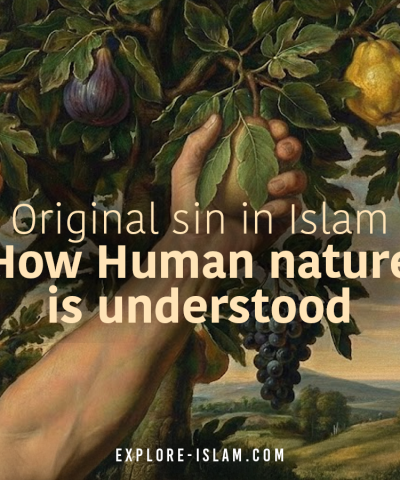
Islam rejects original sin, teaching that everyone is born pure and only responsible for their own actions.
Continue Reading
Islam confirms guardian angels exist to protect and record deeds, but they only obey Allah and cannot be prayed to.
Continue Reading
Ang artikulong ito ay isang buong gabay para sa sinumang kailangang malaman ang tungkol sa Eid Al-Fitr. Tatalakayin natin ang kahulugan, kasaysayan, pagdiriwang at panalangin ng Eid Al-Fitr. Bukod dito, ipapakita natin ang kagandahan ng Eid Al-Fitr at ang banal na karunungan nito.
Continue Reading
Эта статья – полное руководство для тех, кто хочет узнать об Иде Аль-Фитр. Мы обсудим значение, историю, церемонию и намаз Ида Аль-Фитр. Кроме того, мы покажем красоту Ида Аль-Фитр и его божественную мудрость.
Continue Reading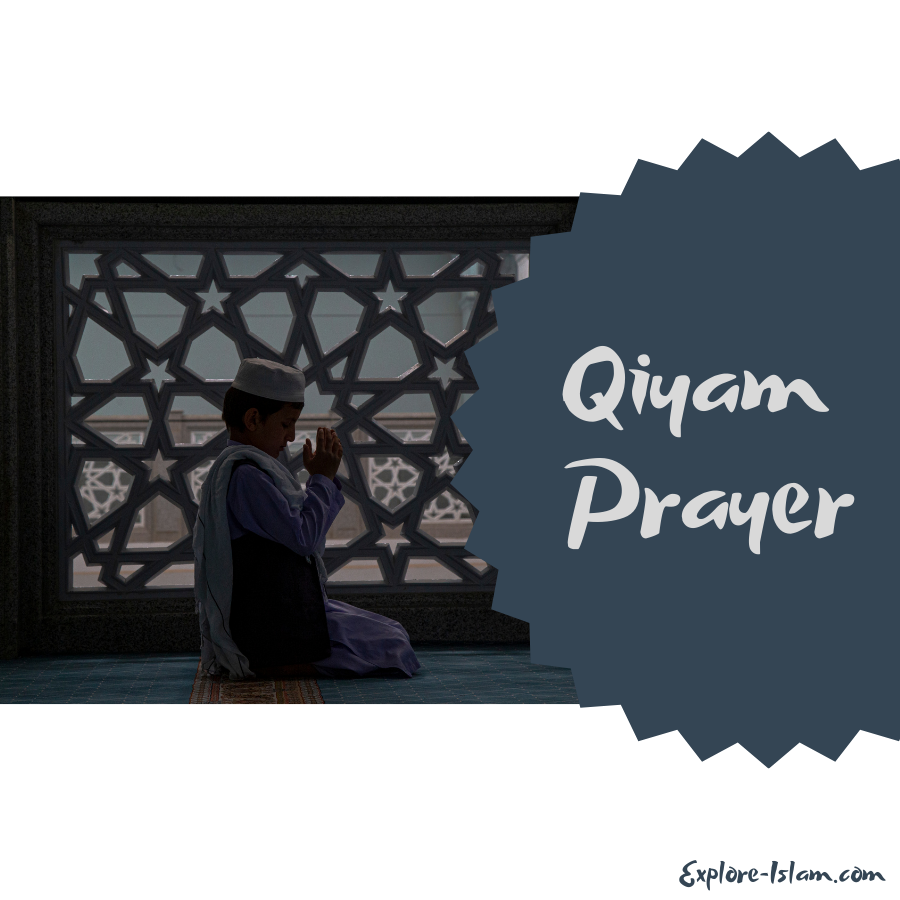
This guide covers Qiyam al-Layl, including its importance, the Prophet’s method of performance, and the best times for it.
Continue Reading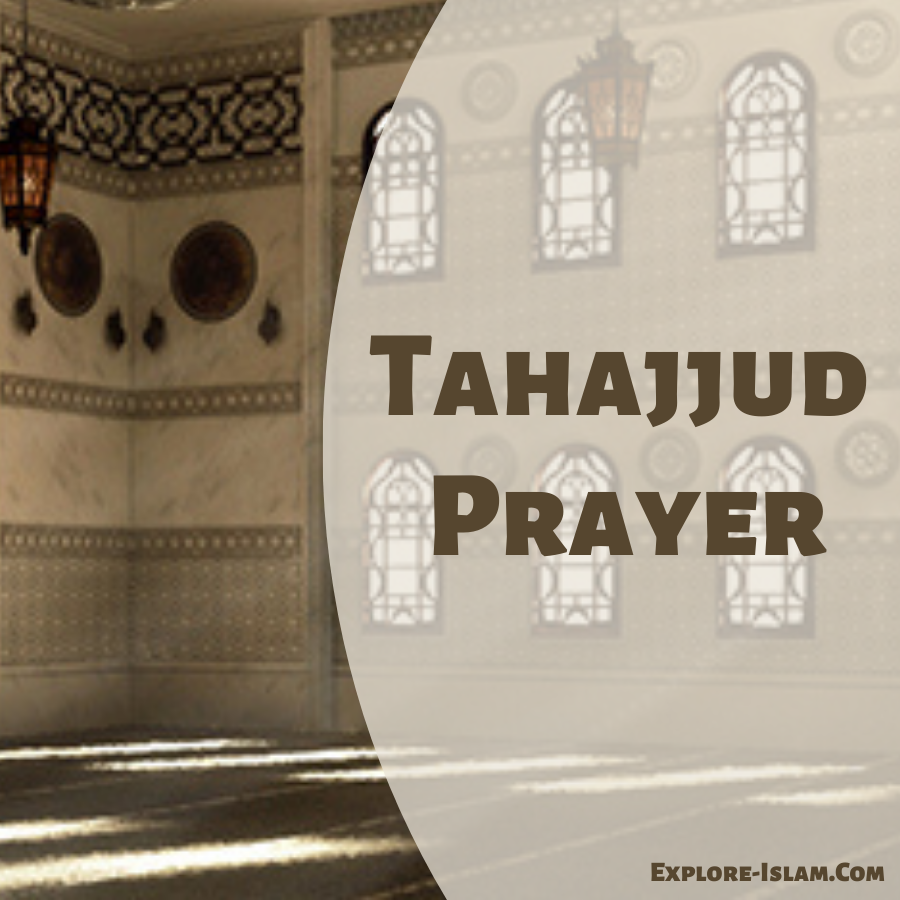
This guide introduces Tahajjud, a voluntary night prayer highly praised in Islam for its immense spiritual rewards.
Continue Reading
This guide explains the immense rewards of Laylatul Qadr, its significance in the Quran, and how to seek it during the last ten nights.
Continue Reading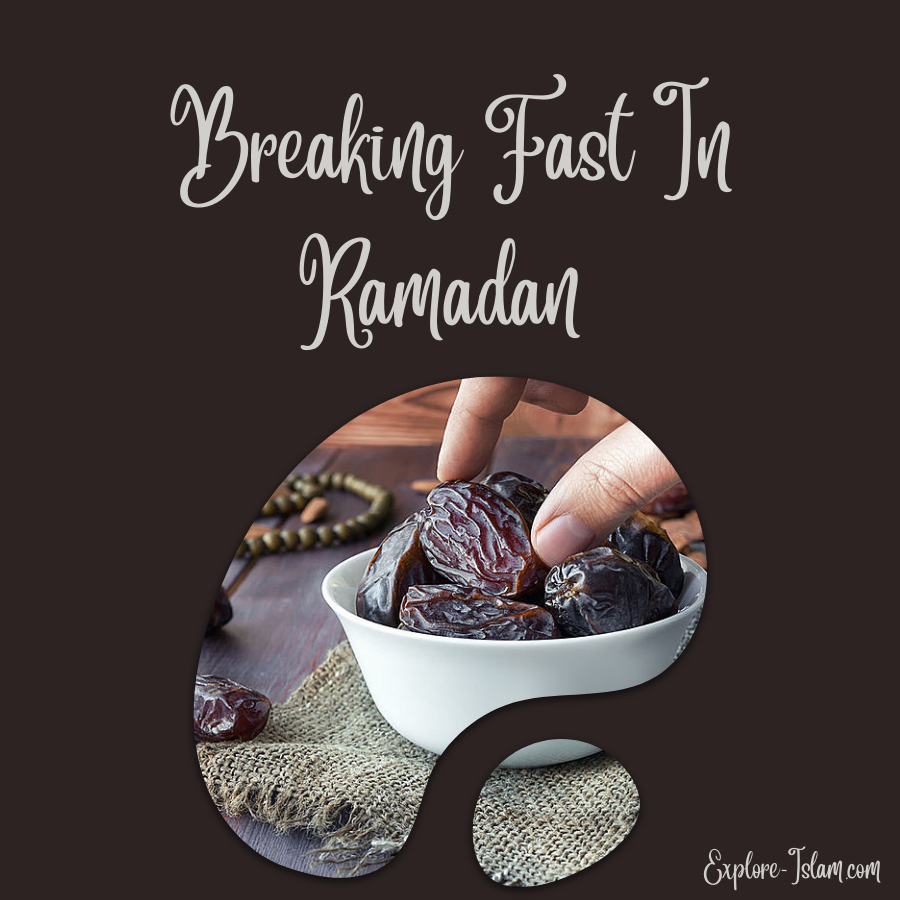
This guide details the rules for breaking fast, including valid exceptions, methods of expiation, and the consequences of missed days.
Continue Reading
This guide explores using Ramadan to break bad habits, gain self-control, and build lasting positive change.
Continue Reading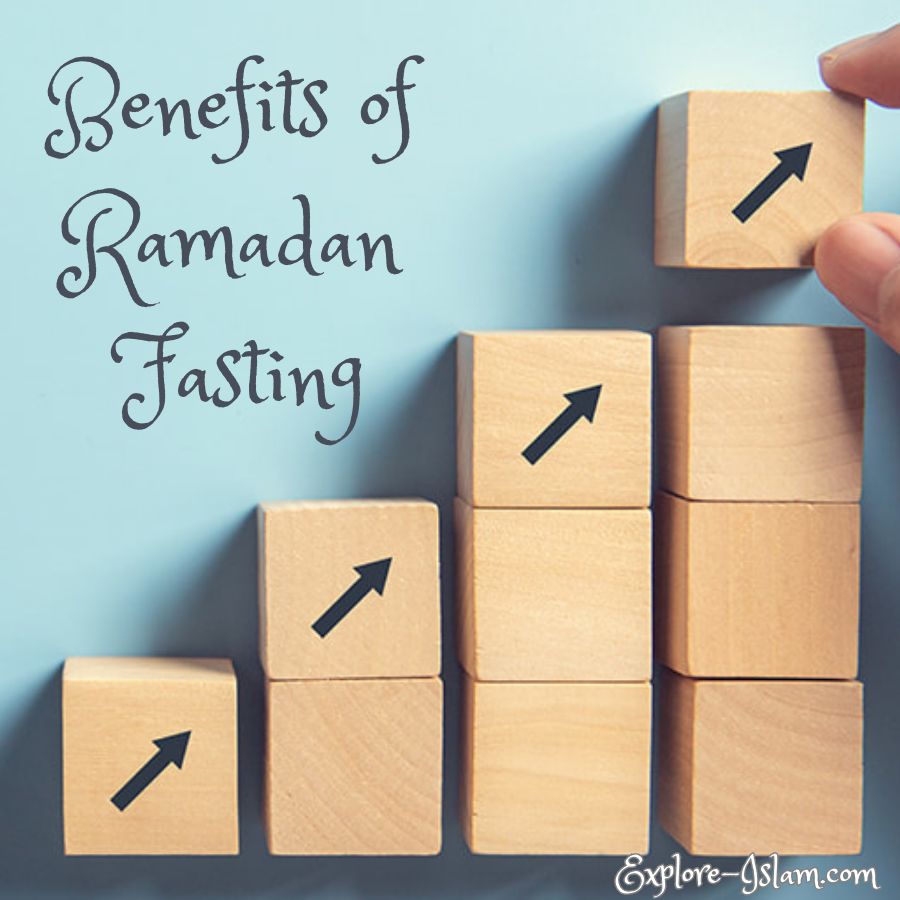
This guide explores the spiritual, physical, and social benefits of Ramadan fasting and its role in personal growth.
Continue Reading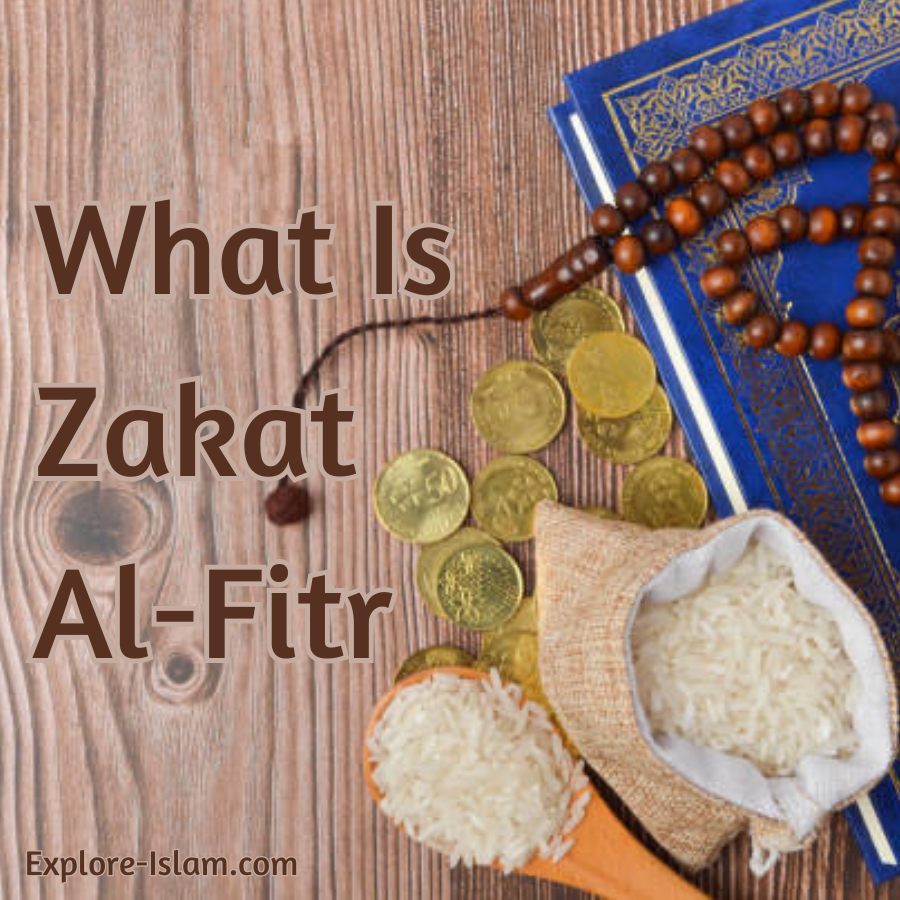
This guide explains Zakat al-Fitr, covering its rules, 2026 calculation, and its role in purifying the fast while supporting the needy.
Continue Reading
This guide explains how to maintain spiritual habits and preserve the rewards of Ramadan throughout the year.
Continue Reading